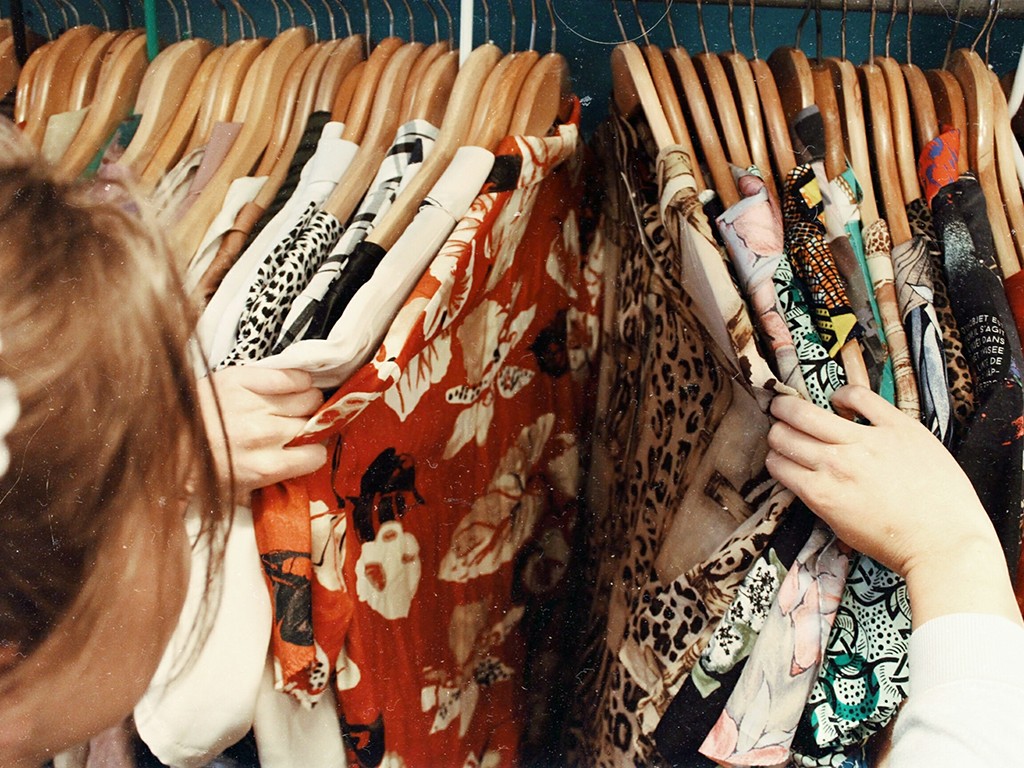
The Importance of Sustainable Fashion: How to Shop for Ethical and Eco-Friendly Clothing
In recent years, there has been a growing concern about the environmental impact of the fashion industry. The fast-paced, constantly changing nature of fashion trends has led to the production of cheap, disposable clothing that is worn only a few times before being thrown away. This has resulted in a huge amount of waste, pollution, and exploitation of workers in the manufacturing process.
Sustainable fashion is the solution to these issues. It involves producing clothing in a way that is environmentally and socially responsible. It takes into account the entire lifecycle of a garment, from production to disposal, and strives to minimize the negative impact on people and the planet.
In this article, we will explore the importance of sustainable fashion and provide practical tips on how to shop for ethical and eco-friendly clothing.
The Importance of Sustainable Fashion
Reducing Environmental Impact
The fashion industry is one of the largest polluters in the world. It uses huge amounts of water, energy, and chemicals to produce clothing. The production of synthetic fibers such as polyester and nylon releases harmful greenhouse gases into the atmosphere. The disposal of clothing in landfills contributes to the production of methane, a potent greenhouse gas.
Sustainable fashion aims to reduce the environmental impact of clothing production. This is done through the use of eco-friendly materials such as organic cotton, hemp, and bamboo, which require less water and energy to produce. Sustainable fashion also involves reducing waste by using recycled materials and designing clothes that can be easily repaired or repurposed.
Promoting Ethical Labor Practices
Many workers in the fashion industry are paid very low wages and work in unsafe conditions. The production of cheap, fast fashion often involves the exploitation of workers in developing countries.
Sustainable fashion is committed to promoting ethical labor practices. This involves ensuring that workers are paid fair wages, have safe working conditions, and are not subjected to forced labor or discrimination. Sustainable fashion also supports local communities by using traditional production methods and supporting small-scale producers.
Supporting Animal Welfare
The fashion industry also has a significant impact on animal welfare. The production of leather, fur, and other animal-based materials often involves cruelty and inhumane practices.
Sustainable fashion promotes animal welfare by using alternative materials such as plant-based leather and synthetic fur. This reduces the demand for animal-based materials and helps to reduce the suffering of animals.
How to Shop for Ethical and Eco-Friendly Clothing:
Research Brands
One of the best ways to shop for ethical and eco-friendly clothing is to research brands before making a purchase. Look for brands that are committed to sustainable fashion and have transparent supply chains. Check for certifications such as Fair Trade or GOTS (Global Organic Textile Standard) which ensures that the clothing is made from organic fibers and produced in an environmentally and socially responsible manner.
Choose Eco-Friendly Materials
When shopping for sustainable fashion, look for clothing made from eco-friendly materials such as organic cotton, hemp, bamboo, or recycled materials. These materials are grown or produced in a way that is less harmful to the environment and often require less water and energy to produce.
Buy High-Quality Clothing
Investing in high-quality clothing is an important part of sustainable fashion. Cheap, fast fashion often falls apart after a few wears and ends up in a landfill. High-quality clothing, on the other hand, lasts longer and can be repaired or repurposed when it is no longer needed.
Shop Second-Hand
Shopping second-hand is another way to support sustainable fashion. Buying used clothing extends the lifecycle of a garment and reduces the demand for new clothing.
Rent Clothing
Renting clothing is a great option for those who want to try out different styles without committing to a purchase. Renting also reduces the demand for new clothing and helps to extend the lifecycle of existing garments.
Avoid Trendy Clothing
Trendy clothing is often produced quickly and cheaply, contributing to the fast fashion cycle. Avoiding trendy clothing and investing in classic pieces that will never go out of style is a great way to support sustainable fashion.
Care for Clothing Properly
Properly caring for clothing can help to extend its lifespan and reduce the need for new purchases. Follow the care instructions on clothing labels, wash clothing in cold water, and avoid using the dryer when possible. Consider using eco-friendly laundry detergents that are free from harsh chemicals.
FAQs
- Is sustainable fashion more expensive than fast fashion?
Sustainable fashion can be more expensive than fast fashion, but investing in high-quality clothing that will last longer can actually save money in the long run. Additionally, shopping second-hand or renting clothing can be a more affordable way to support sustainable fashion. - Can sustainable fashion be fashionable?
Absolutely! Sustainable fashion is not just about being environmentally and socially responsible, but also about creating beautiful, high-quality clothing that people want to wear. There are many sustainable fashion brands that offer stylish and on-trend clothing. - How can I find sustainable fashion brands?
Researching sustainable fashion brands online is a great place to start. Look for brands that are committed to sustainable and ethical practices, and have certifications such as Fair Trade or GOTS.
Sustainable fashion is becoming increasingly important as people become more aware of the negative impact of fast fashion on the environment, workers, and animals. By choosing to shop for ethical and eco-friendly clothing, consumers can make a positive impact and support a more sustainable fashion industry.
To shop for sustainable fashion, it is important to research brands, choose eco-friendly materials, invest in high-quality clothing, shop second-hand, and care for clothing properly. By taking these steps, we can all make a difference and contribute to a more sustainable future. The importance of sustainable fashion cannot be overstated, and we all have a role to play in creating a better world through our fashion choices.




